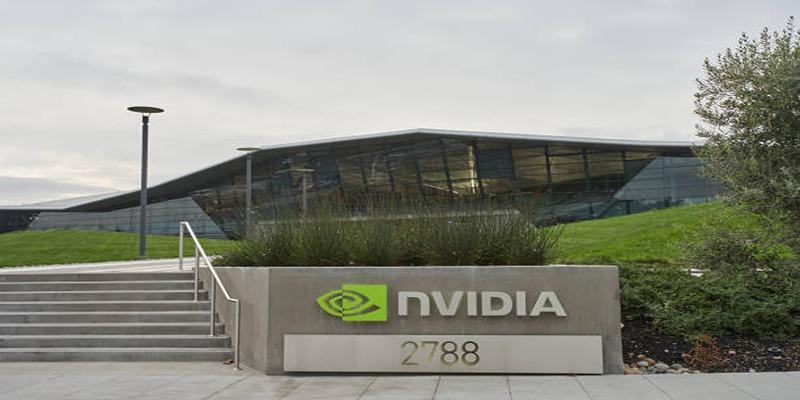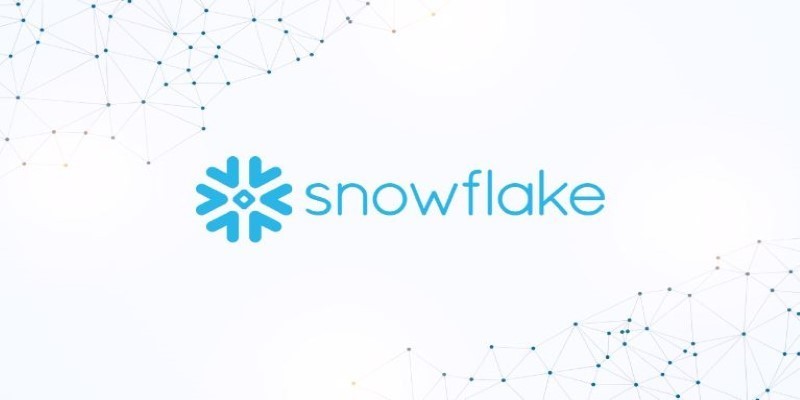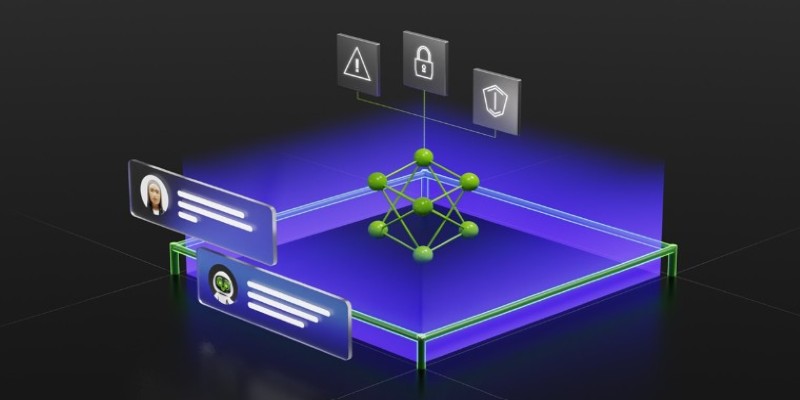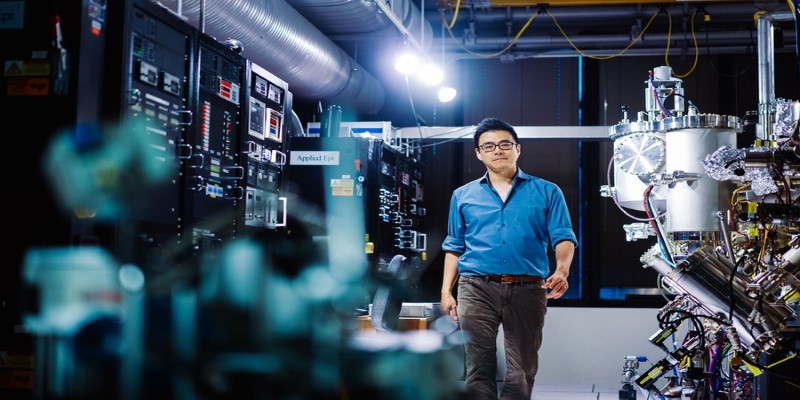Advertisement
Cerebras is pushing Nvidia aside in the AI hardware industry with its revolutionary AI processing software. This paper delves into the most significant innovations that Cerebras introduced, compares it to Nvidia's technology, and assesses the potential effects on the AI industry. We'll discuss how Cerebras seeks to transform the competitive landscape of AI processing.
Cerebras is a Silicon Valley startup that has created the world's largest computer chip dedicated to AI processing. The Wafer Scale Engine (WSE) from the company, its flagship product, has 1.2 trillion transistors and is 8 inches by 9 inches in size – more than 56 times bigger than Nvidia's biggest GPU. This enables Cerebras to provide far more compute power in one unit than conventional chips, making it a perfect fit for compute-intensive AI applications.

Even with Cerebras' remarkable achievement, Nvidia is still the leader in both AI and hardware. The company has been on the leading edge of AI innovation for years, and its GPUs are used extensively in machine learning and deep learning applications. Nvidia's GPUs have become so ubiquitous in AI, to the point where they've become synonymous with AI processing.
One key reason Nvidia has been successful is that it targets the creation of specialized chips to perform particular types of computing work. While normal CPUs are programmed to perform many different tasks, like calculations and data processing, GPUs are constructed to perform specific work in graphics rendering and parallel processing. That makes them naturally suited to managing lots of data at once, which is important for most AI applications.
Cerebras Systems has emerged as a groundbreaking player in the AI industry, offering innovative solutions that challenge traditional GPU-based approaches. With its proprietary technologies and focus on efficiency, Cerebras is setting new standards in AI chip design and large-scale model training.
Cerebras' high-speed AI inference service delivers unmatched performance, processing up to 1,800 tokens per second for models like Llama3.1 8B. This is a significant leap beyond traditional GPU-based systems, enabling enterprises to achieve faster decision-making and real-time processing for critical AI applications. By reducing latency and delivering scalable performance, Cerebras inference empowers businesses to accelerate their workflows and improve operational efficiency in ways that were previously unattainable.
Cerebras-GPT is a groundbreaking family of compute-efficient large language models, with parameter sizes ranging from 111 million to 13 billion. These models are designed to deliver a scalable and efficient solution for enterprises deploying AI at scale while maintaining exceptional accuracy. The focus on energy efficiency and performance balance makes Cerebras-GPT ideal for applications across various industries, enabling organizations to train and deploy powerful AI models while optimizing costs and resources.
Cerebras AI Model Studio is a cloud-based platform specifically designed to simplify the training and fine-tuning of large language models. By eliminating the complexities associated with distributed computing, the platform ensures deterministic performance, meaning users can expect reliable and consistent results every time. With its intuitive and user-friendly interface, the Model Studio accelerates AI development workflows, freeing up teams to focus on innovation and creativity rather than infrastructure challenges. This platform is perfect for businesses and researchers looking to enhance productivity and achieve faster results.
The Wafer Scale Engine (WSE) is Cerebras' revolutionary chip architecture, now in its third generation with the WSE-3. Equipped with up to 900,000 AI-optimized cores and 4 trillion transistors, the WSE offers unparalleled computational power. Its groundbreaking design transforms AI computation, enabling the training of large-scale models at unprecedented speeds. The WSE redefines what is possible in AI hardware by addressing the limitations of traditional processing systems and delivering extraordinary performance for the most demanding AI workloads.
The Cerebras CS-Series systems, including the CS-1, CS-2, and the advanced CS-3, represent a new standard for high-performance AI computing. Powered by the WSE chips, these systems are optimized for both training and inference of large AI models, delivering efficiency and speed that surpass traditional methods. They cater to a diverse range of industries, from healthcare and finance to energy and engineering, by providing cutting-edge AI processing capabilities. With the CS-Series systems, enterprises can scale their AI initiatives and tackle complex problems with ease.
The Condor Galaxy supercomputers, including CG-1 and CG-2, are Cerebras' flagship offerings in the realm of large-scale AI computation. These supercomputers deliver up to 4 exaFLOPs of performance and feature an interconnected network of 54 million AI-optimized cores. Designed for massive-scale model training and inference, the Condor Galaxy systems push the boundaries of speed, scalability, and efficiency, enabling organizations to tackle the most complex AI challenges. With their groundbreaking architecture, these supercomputers are setting new benchmarks for what is achievable in AI-driven industries.
Nvidia continues to dominate the AI and high-performance computing market, largely due to its advanced GPUs and comprehensive software ecosystem, including CUDA and AI frameworks like TensorRT. Their products are deeply integrated into AI model training and inference pipelines, making Nvidia nearly synonymous with the industry. The company's innovation, extensive developer community, and partnerships across tech sectors solidify its leadership position.
Competitors face significant challenges in attempting to penetrate this market. Nvidia's established ecosystem acts as a high barrier to entry, as developers and enterprises rely heavily on its software and hardware compatibility. Furthermore, Nvidia’s continuous innovation and investment in new technologies—such as AI-accelerated GPUs and supercomputers—leave little room for rivals to differentiate. Competing firms must overcome the dual hurdle of technical capability and customer loyalty, both of which Nvidia has mastered over decades.

Cerebras’ wafer-scale engine could challenge Nvidia’s dominance in AI hardware by delivering exceptional computational efficiency for large-scale AI. If Cerebras continues improving its technology and attracting enterprises and research institutions, it could claim part of Nvidia's market, particularly in high-performance AI training. This puts pressure on Nvidia to innovate or diversify to stay ahead.
At the same time, competitors like Cerebras create new opportunities in AI hardware. Nvidia could diversify by exploring niche AI applications or building software ecosystems for specialized use cases. By leveraging its resources and expertise, Nvidia can thrive despite growing competition.
Cerebras is challenging Nvidia’s dominance in AI hardware with groundbreaking innovations like the Wafer Scale Engine and high-speed AI inference tools. Offering unmatched computational power and scalability, Cerebras is transforming large-scale AI training and deployment. While Nvidia’s stronghold remains, Cerebras’ advancements signal growing competition and could redefine next-generation AI infrastructure.
Advertisement

Snowflake introduces its new text-embedding model, optimized for Retrieval-Augmented Generation (RAG). Learn how this enterprise-grade model outperforms others and improves data processing

What happens when AI goes off track? Learn how Guardrails AI ensures that artificial intelligence behaves safely, responsibly, and within boundaries in real-world applications

Learn simple steps to prepare and organize your data for AI development success.

AI is used in the beauty and haircare industry for personalized product recommendations and to improve the salon experience

Curious how IBM's Granite Code models help with code generation, translation, and debugging? See how these open AI tools make real coding tasks faster and smarter

How can machines better understand videos? Explore how X-CLIP integrates video and language to offer smarter video recognition, action recognition, and text-to-video search

MIT is leading a focused initiative to integrate AI and emerging technologies into manufacturing, prioritizing real-world impact for manufacturers of all sizes

Learn how ThoughtSpot's AI agent, Spotter, revolutionizes conversational BI for smarter and more accessible business insights

Follow these essential steps to build a clean AI data set using Getty Images for effective and accurate machine learning models

Need to merge results from different tables? See how SQL UNION lets you stack similar datasets together easily without losing important details

Improve machine learning models with prompt programming. Enhance accuracy, streamline tasks, and solve complex problems across domains using structured guidance and automation.

Build scalable AI models with the Couchbase AI technology platform. Enterprise AI development solutions for real-time insights